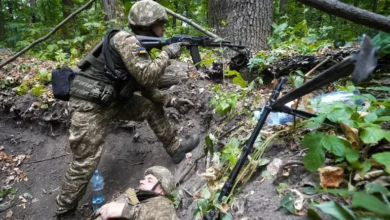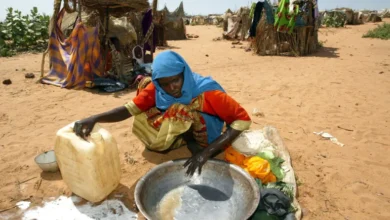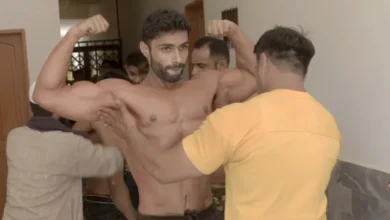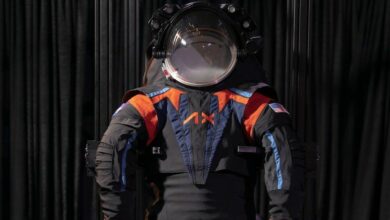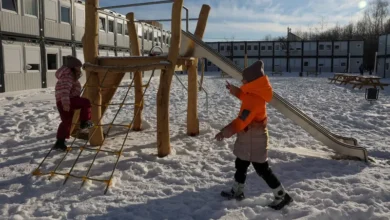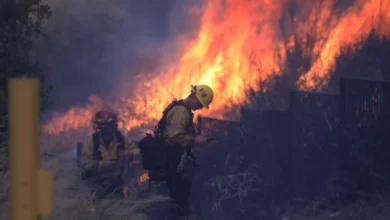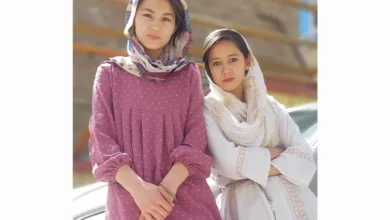Former Bangladesh gov’t behind possible ‘crimes against humanity’, says UN
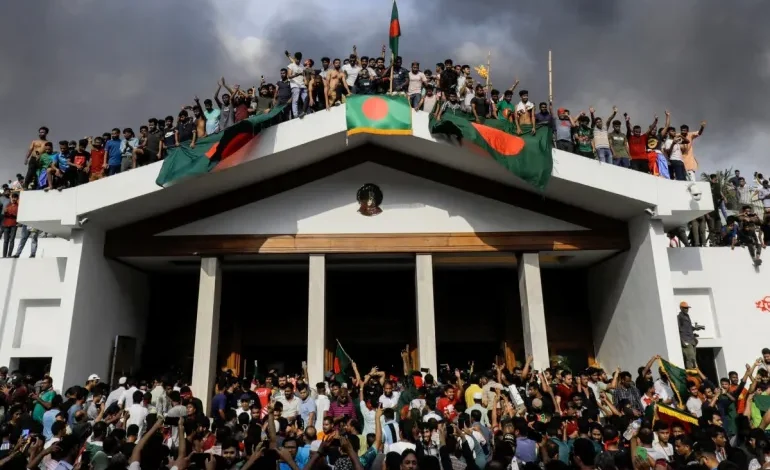
Former Bangladesh Prime Minister Sheikh Hasina’s government was behind possible “crimes against humanity” as it strived to hold on to power last year, says the United Nations.
Before Hasina was toppled in a mainly student-led revolution last August, her government oversaw a systematic crackdown on protesters, involving “hundreds of extrajudicial killings”, the UN human rights office said in a fact-finding report on Wednesday.
Publishing findings of its inquiry into events in Bangladesh between July 1 and August 15 last year, the UN rights office said it had “reasonable grounds to believe that the crimes against humanity of murder, torture, imprisonment and infliction of other inhumane acts have taken place”.
These alleged crimes committed by the government, along with violent elements of her Awami League party and the Bangladeshi security and intelligence services, were part of “a widespread and systematic attack against protesters and other civilians … in furtherance of the former government’s [bid] to ensure its continuation in power”, the report says.
Up to 1,400 killed in 45 days
The UN team found that Bangladesh’s security forces had supported Hasina’s government throughout the unrest, which began as protests against civil service job quotas and then escalated into calls for her to stand down.
The rights office said the Hasina government tried systematically to suppress the protests with increasingly violent means. It estimated that “as many as 1,400 people may have been killed” in those 45 days while thousands were injured.
The vast majority of those killed “were shot by Bangladesh’s security forces”, the rights office said, adding 12 to 13 percent of those killed were minors.
The overall death toll projection in the UN report is far higher than the most recent estimate by Bangladesh’s interim government of 834.
“The brutal response was a calculated and well-coordinated strategy by the former government to hold onto power in the face of mass opposition,” UN rights chief Volker Turk said in a statement.
“There are reasonable grounds to believe hundreds of extrajudicial killings, extensive arbitrary arrests and detentions, and torture, were carried out with the knowledge, coordination and direction of the political leadership and senior security officials as part of a strategy to suppress the protests.”


